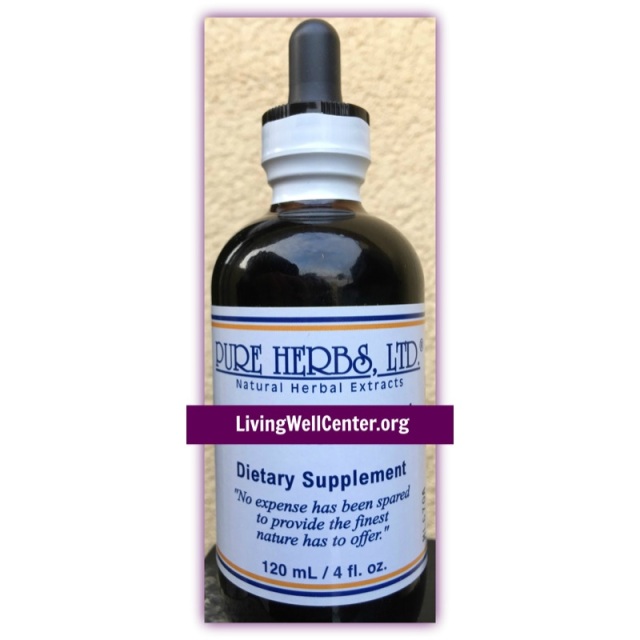Broad Beans
SKU:
Broad Beans
$45.00
$45.00
Unavailable
per item
Broad Beans Pure Herbs Liquid Extract used Historically for Source of B Vitamins, L-Dopamine, pituitary nourishment, natural L-Lysine, shaking disorders, blood mineral source.
Broad Beans are known to contain the following: Vitamin A (eyes and skin), B-1 (for the personality), B-2, B-12 (for energy), Choline and Inositol (to dissolve cholesterol), B-3, Niacin (for tongue and skin health), B-5, Pantothenic Acid (for anti-stress), B-15, Pangamic Acid (as a supplier of oxygen), B-17, Laetrile (anti-cancer properties), as well as Vitamins C and E. Broad Beans also contain Chlorine, necessary for stomach acid manufacture, and impressive amounts of the minerals: Calcium, Iodine, Iron, Magnesium, Phosphorus, Potassium, Silicon, Sodium, Sulphur and Zinc. This impressive array of vitamins and minerals is a potential gold mine - if we could only digest the things. This problem has now been solved. The technique of waking up the beans to begin the sprouting process makes them digestible, and then making an extract to increase their absorb-ability unlocks their "magic". Maybe "Jack" selling his cow for beans in the nursery rhymes wasn't too far off. Broad Beans also contain the valuable protein component, Lysine, to help build immunity and combat and prevent fever blisters and herpes. Broad Beans contain an even more impressive protein component called L-dopamine, known to correct Parkinson's Disease and other shaking disorders. L-dopamine is a valuable pituitary gland nutrient. All in all, when you know this, no one can say "you don't know beans" about research. These broad beans are a gift of the Creator. Enjoy them.
COMBINATION: Selected Broad Beans
DOSE: 10 to 40 drops, 3 times per day. If active case of herpes, fever blisters or shaking disorder, 1 tsp. to 1 Tbl., 3 times per day.
This information is about historical observations and historical information relating to herbs. This information is not intended to be a substitute for medical advice by licensed physicians. A person should consult a physician regularly in all matters relating to medical problems, especially in matters of diagnosing, treating or curing dis-eases or other physical or mental conditions.
This information has not been verified by the American Medical Association or the Food and Drug Administration
Broad Beans are known to contain the following: Vitamin A (eyes and skin), B-1 (for the personality), B-2, B-12 (for energy), Choline and Inositol (to dissolve cholesterol), B-3, Niacin (for tongue and skin health), B-5, Pantothenic Acid (for anti-stress), B-15, Pangamic Acid (as a supplier of oxygen), B-17, Laetrile (anti-cancer properties), as well as Vitamins C and E. Broad Beans also contain Chlorine, necessary for stomach acid manufacture, and impressive amounts of the minerals: Calcium, Iodine, Iron, Magnesium, Phosphorus, Potassium, Silicon, Sodium, Sulphur and Zinc. This impressive array of vitamins and minerals is a potential gold mine - if we could only digest the things. This problem has now been solved. The technique of waking up the beans to begin the sprouting process makes them digestible, and then making an extract to increase their absorb-ability unlocks their "magic". Maybe "Jack" selling his cow for beans in the nursery rhymes wasn't too far off. Broad Beans also contain the valuable protein component, Lysine, to help build immunity and combat and prevent fever blisters and herpes. Broad Beans contain an even more impressive protein component called L-dopamine, known to correct Parkinson's Disease and other shaking disorders. L-dopamine is a valuable pituitary gland nutrient. All in all, when you know this, no one can say "you don't know beans" about research. These broad beans are a gift of the Creator. Enjoy them.
COMBINATION: Selected Broad Beans
DOSE: 10 to 40 drops, 3 times per day. If active case of herpes, fever blisters or shaking disorder, 1 tsp. to 1 Tbl., 3 times per day.
This information is about historical observations and historical information relating to herbs. This information is not intended to be a substitute for medical advice by licensed physicians. A person should consult a physician regularly in all matters relating to medical problems, especially in matters of diagnosing, treating or curing dis-eases or other physical or mental conditions.
This information has not been verified by the American Medical Association or the Food and Drug Administration

